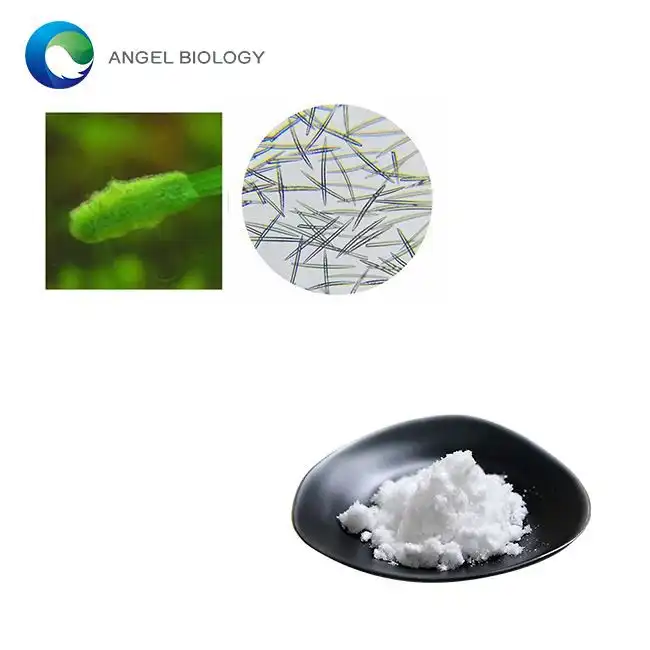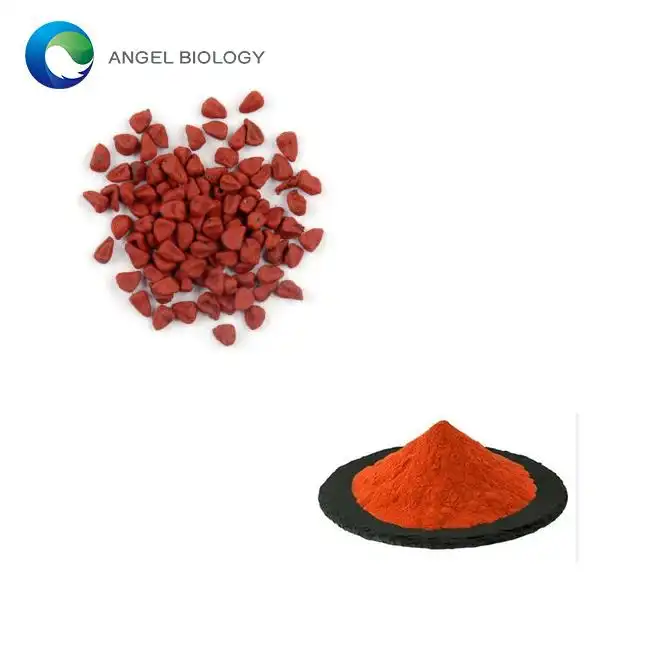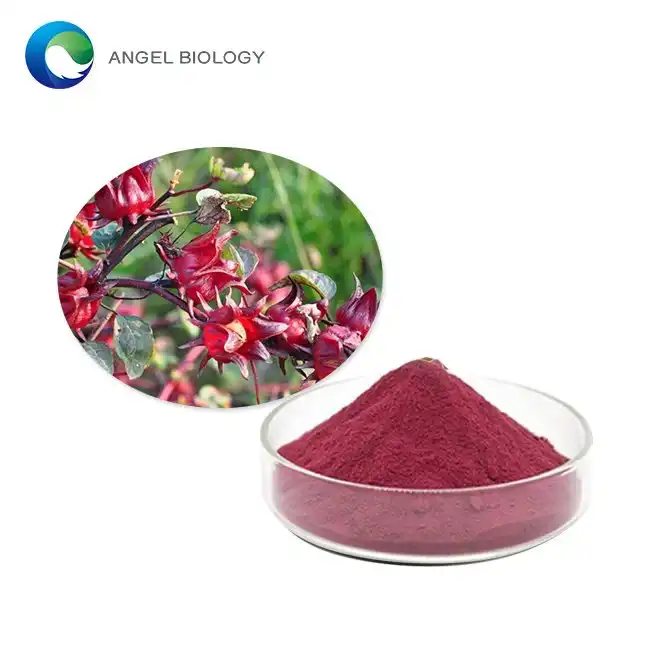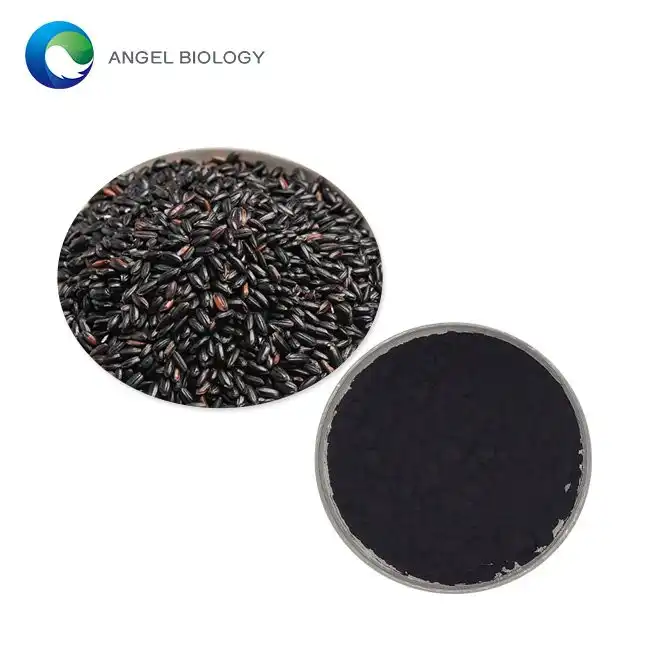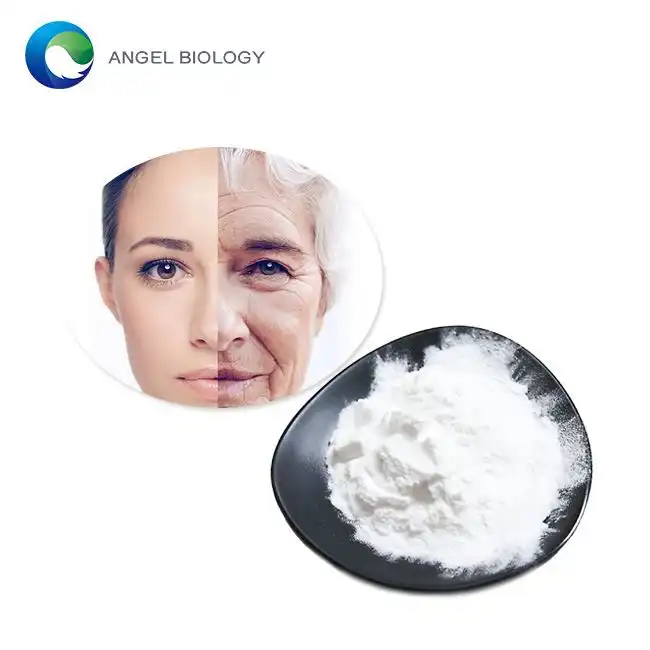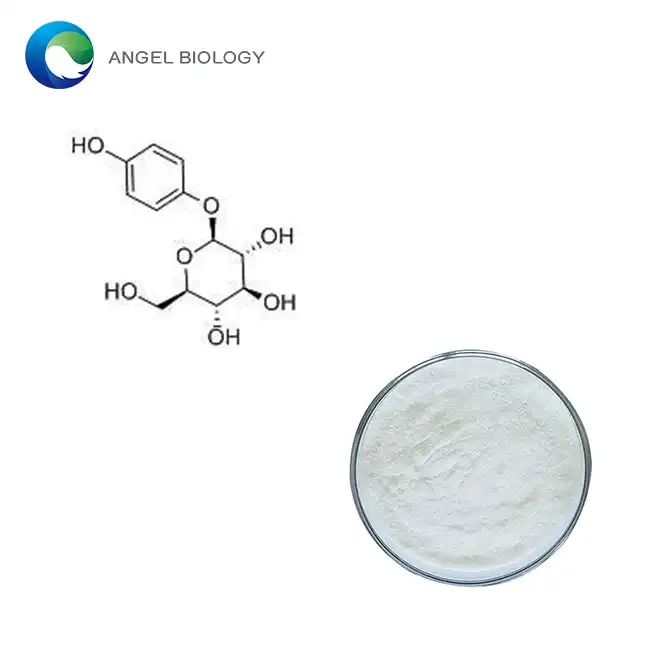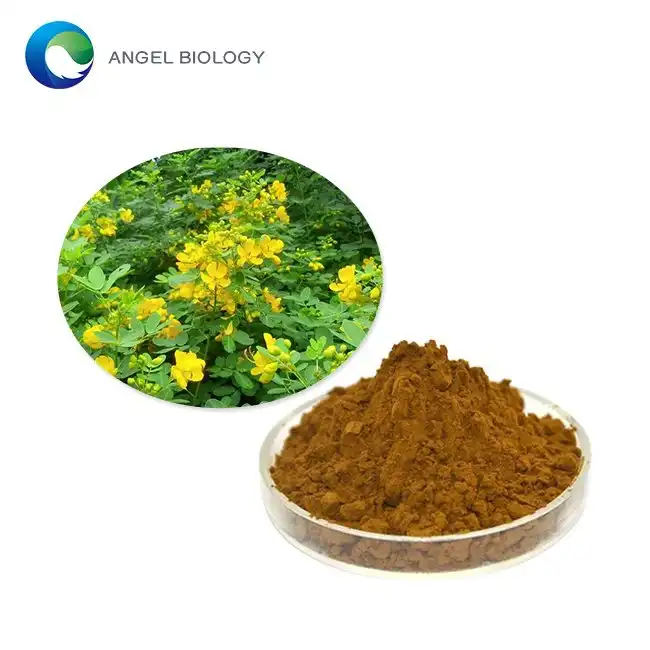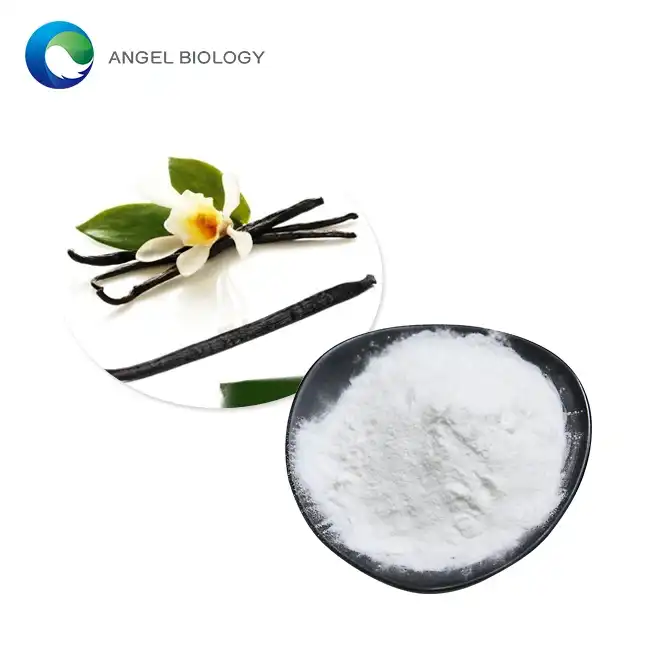Does Rehmannia Root Extract Reduce Inflammation?
Inflammation is a common health concern that affects millions of people worldwide. As more individuals seek natural remedies to address this issue, Rehmannia root extract has garnered attention for its potential anti-inflammatory properties. This ancient herb, used for centuries in traditional medicine, is now being examined through the lens of modern science. Let's delve into the world of Rehmannia and explore its impact on inflammation.
Rehmannia's Impact on Inflammatory Cytokines
Rehmannia glutinosa, the scientific name for the plant from which Rehmannia extract is derived, has been the subject of numerous studies investigating its effects on inflammatory processes. One of the key mechanisms through which Rehmannia may reduce inflammation is by modulating the production and activity of inflammatory cytokines.
Cytokines are small proteins released by cells that play a crucial role in the body's inflammatory response. Some cytokines promote inflammation, while others suppress it. Research suggests that Rehmannia may help balance these cytokines, potentially leading to a reduction in overall inflammation.
A study published in the Journal of Ethnopharmacology found that catalpol, a major bioactive compound in Rehmannia, significantly decreased the levels of pro-inflammatory cytokines such as tumor necrosis factor-alpha (TNF-α) and interleukin-6 (IL-6) in animal models. This suggests that Rehmannia extract could help mitigate the inflammatory cascade that contributes to various health issues.
Moreover, Rehmannia root extract's anti-inflammatory effects may extend beyond cytokine modulation. The herb has been shown to inhibit the activity of cyclooxygenase-2 (COX-2), an enzyme involved in the production of prostaglandins, which are key mediators of inflammation. By suppressing COX-2, Rehmannia root extract may help reduce pain and swelling associated with inflammatory conditions.
Can It Help with Arthritis or Joint Pain?
One of the most common manifestations of chronic inflammation is arthritis, a condition characterized by joint pain, stiffness, and swelling. Given Rehmannia's potential anti-inflammatory properties, it's natural to wonder whether it could be beneficial for those suffering from arthritis or other forms of joint pain.
Traditional Chinese Medicine (TCM) has long used Rehmannia glutinosa extract as a remedy for joint-related ailments. Modern research is now beginning to uncover the scientific basis for these traditional uses. A review published in the journal Molecules highlighted Rehmannia's potential in managing osteoarthritis, citing its ability to protect cartilage and reduce inflammation in joint tissues.
The anti-inflammatory effects of Rehmannia may be particularly relevant for rheumatoid arthritis, an autoimmune condition where the body's immune system mistakenly attacks the joints. By modulating the immune response and reducing the production of inflammatory cytokines, Rehmannia could potentially help alleviate some of the symptoms associated with this condition.
Furthermore, Rehmannia root extract's ability to support overall joint health extends beyond its anti-inflammatory properties. The herb contains compounds that may help nourish and strengthen connective tissues, potentially improving joint flexibility and reducing the risk of injury. This multifaceted approach to joint health makes Rehmannia root extract an intriguing option for those seeking natural support for their musculoskeletal system.
Rehmannia vs. Turmeric: Which Is Stronger?
When discussing natural anti-inflammatory agents, it's impossible to ignore turmeric, the golden spice that has become a staple in many health-conscious households. Both Rehmannia and turmeric have garnered attention for their potential to reduce inflammation, but how do they compare?
Turmeric's anti-inflammatory prowess is largely attributed to its active compound, curcumin. Curcumin has been extensively studied and has shown remarkable ability to inhibit various inflammatory pathways. It's known for its potent antioxidant properties and its capacity to modulate numerous molecular targets involved in inflammation.
Rehmannia, on the other hand, contains a complex array of bioactive compounds, including iridoid glycosides like catalpol, as well as polysaccharides and amino acids. While perhaps not as well-known as curcumin, these compounds have demonstrated significant anti-inflammatory potential in various studies.
Comparing the two directly is challenging due to the different mechanisms through which they act. Turmeric's effects are largely attributed to a single compound, while Rehmannia root extract's benefits come from a synergistic interaction of multiple constituents. This complexity in Rehmannia root extract's composition may provide a broader spectrum of anti-inflammatory effects.
Additionally, Rehmannia's traditional use as an adaptogen - a substance that helps the body adapt to stress - sets it apart from turmeric. This adaptogenic quality may provide additional benefits in managing inflammation, as chronic stress is known to exacerbate inflammatory conditions.
It's worth noting that the effectiveness of either herb can vary depending on the specific inflammatory condition and individual physiology. Some people may find greater relief with turmeric, while others may respond better to Rehmannia root extract. In many cases, a combination of both herbs might offer complementary benefits.
When considering the strength of these natural anti-inflammatories, it's crucial to look beyond just their direct effects on inflammation. Rehmannia's potential to support overall health, including its effects on the immune system, cardiovascular health, and even cognitive function, should be taken into account. These broader health benefits may indirectly contribute to reducing inflammation throughout the body.
Moreover, the form and quality of the herb or extract used can significantly impact its potency. High-quality, standardized extracts of both Rehmannia root extract and turmeric are likely to provide more consistent and potent effects compared to raw or poorly processed forms.
Rehmannia root extract and turmeric are likely to provide more consistent and potent effects compared to raw or poorly processed forms.
Ultimately, the question of which is stronger - Rehmannia or turmeric - may be less important than understanding how each can be used effectively. Both herbs have demonstrated significant potential in supporting health and managing inflammation, and both have their place in a comprehensive approach to wellness.
As research continues to uncover the intricate ways in which these natural compounds interact with our bodies, we may gain a deeper understanding of how to harness their anti-inflammatory potential most effectively. For now, individuals interested in exploring natural anti-inflammatory options would do well to consider both Rehmannia and turmeric as part of their toolkit for managing inflammation and supporting overall health.
Conclusion
The potential of Rehmannia root extract to reduce inflammation is supported by a growing body of scientific evidence. From its impact on inflammatory cytokines to its potential benefits for joint health, Rehmannia offers a promising natural approach to managing inflammation. While comparisons with other anti-inflammatory agents like turmeric are intriguing, the unique properties of Rehmannia make it a valuable option in its own right.
As we continue to unravel the complexities of inflammation and its impact on health, natural remedies like Rehmannia offer exciting possibilities. However, it's important to remember that while herbal supplements can be powerful allies in maintaining health, they should be used as part of a comprehensive approach that includes a balanced diet, regular exercise, and proper medical care.
If you're looking to incorporate high-quality Rehmannia extract into your health regimen, consider exploring the offerings from Angelbio. As a leader in natural ingredient research and production, Angelbio is committed to providing top-tier, scientifically-backed products to support your health journey. Their dedication to innovation and quality control ensures that you're getting the best that nature has to offer.
Ready to experience the potential benefits of Rehmannia for yourself? Reach out to Angelbio today at angel@angelbiology.com to learn more about their premium Rehmannia extract products and how they can support your health and wellness goals.
References
1. Zhang, R., et al. (2018). "Rehmannia glutinosa: Review of botany, chemistry and pharmacology." Journal of Ethnopharmacology, 220, 1-23.
2. Li, M., et al. (2019). "Anti-inflammatory and immunomodulatory effects of Rehmannia glutinosa: A review." Journal of Ethnopharmacology, 247, 112254.
3. Wang, Y., et al. (2020). "The anti-inflammatory mechanisms of Rehmannia glutinosa and its main active compounds." Frontiers in Pharmacology, 11, 581.
4. Chen, F., et al. (2017). "Rehmannia glutinosa: A review of its botany, phytochemistry and pharmacology." Journal of Pharmacy and Pharmacology, 69(5), 548-567.



